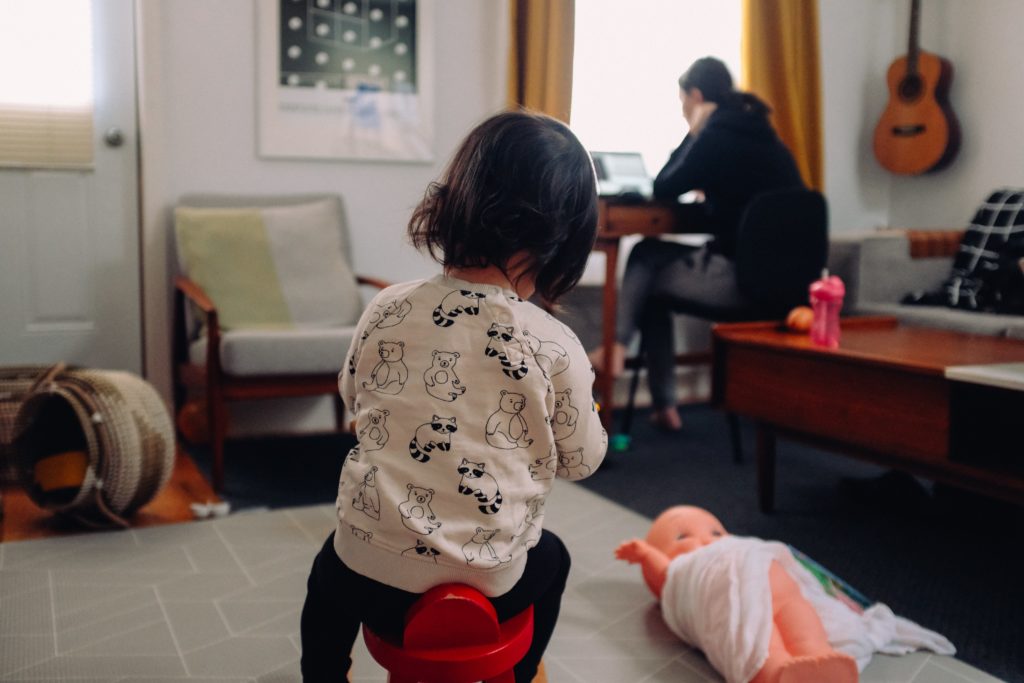
This is guest post from Philipp Schulz, a Post-Doctoral Researcher at the Institute for Intercultural and International Studies (InIIS) at the University of Bremen. His work focuses on the gender dynamics of political violence, armed conflict and post-conflict transitions, with a focus on wartime sexual violence.
Writing, and researching, about violence is never easy, involving complex ethical, moral, methodological and epistemologieschallenges. This makes it difficult enough to write about violence under ‘ordinary’ circumstances and in ‘normal times’ – and most certainly so during this unusual moment in time of a global pandemic. To be fair, writing (and researching) about anything seems difficult in these times, but writing about violence perhaps particularly so. As an early career researcher who researches and writes about violence – specifically about sexual and gender-based violence in Uganda – I certainly feel this extra weight of trying to do my work in these current times.
On the one hand, these difficulties certainly have to do with what is going on around us. As I try to write these reflections in mid-December, we are recording over 500,000 new Covid-19 infections as well as over 10,000 new Corona-related deaths per day around the world. As much as I try, it is almost impossible to get the pictures from April of military trucks transporting hundreds of dead bodies from the hospitals in Italy out of my head. Being constantly confronted with these realities – which are also becoming increasingly real and personal – and the violences, insecurities and vulnerabilities that accompany all of this makes it incredibly difficult to engage with stories of violence as part of the research I conduct. In many ways, our lives become consumed by pretty much anything else but violence, death, and insecurities. This, I think, will certainly have impacts on our mental well-being, much more than doing this type of work already does.
Writing about violence from the (Dis)comfort of our homes
At the same time, the heightened difficulties of writing about violence at this moment in time certainly have to do with the circumstances in which we have to do this work. Because of the Corona-crisis, and respective stay-at-home and social distancing measures, many of us are currently working from home. Our bedrooms, dining tables and kitchen counter-tops have quickly replaced our desks at the office, and became new standard ways of working for most of us. Some commentators have raised concerns that the boundaries between office and home get further blurred, making it increasingly difficult to separate between work and free-time.
When our jobs entail to also (or primarily) research and write about violence, these new circumstances then imply that we have to do this –writing about violence – from the (dis)comfort of our homes. This carries with it an extra set of challenges. It is already difficult at times to write about violence at the office, and then return home, and not have the violent stories accompany us for the rest of the day. It is quite frankly something else, though, if we try to write about violence whilst being at home – and thus carrying the stories constantly with us. Let me paint you a picture of what I mean:
The other week, I managed to carve out about two hours of the afternoon to finally focus on some research and writing – or so I thought. During those much-needed and long-awaited two hours in the afternoon, I wanted to re-listen to a recording of a group discussion with male sexual violence survivors from my research in Uganda, for a text I am trying to write together with a colleague (on which I am, of course, terribly behind). Twenty minutes into engaging with this heart-breaking account, however, my daughter – whose kindergarten was closed that week – comes in, asking me to read Pippi Longstocking to her. After a short attempted debate to try and postpone this for an hour or so – which was, of course, unsuccessful – I close the laptop again, and follow her into the living room. I reflect upon how confusing it is for me, to have to change in a heartbeat from stories of violence and harm to a fierce and confident young girl who lives with a monkey and a horse, doing her own thing (a description that may fit both my daughter and Pippi Longstocking…).
The day after, in the evening, a similar scenario: It is past dinner-time, and I jump on a quick call with someone to talk about their project on sexual violence in the context of peacekeeping missions. As I speak about my work, my daughter comes in twice, to bring me some water and then to check upon on me, to see if I actually drank it. And again, I cannot help to think how confusing and difficult it is for me to constantly have to navigate those two very different realities and persona – something which I think happened less when we were still able to spatially separate our work- and private-lives.
At the same time, I of course similarly realize the immense difficulties of the current circumstances, whilst experiencing acute isolation and loneliness.
Absence of Support Networks
Another aspect that makes it more difficult to write (and research) about violence whilst social-distancing refers to the absence of (physical) support networks of people doing similar work. When I did my dissertation at the Transitional Justice Institute (TJI), my colleagues and PhD cohort constituted an invaluable support network to turn to, where we could collectively share our experiences of conducting this difficult research. Kimberly Theidon, in her reflections about working and writing on violence, similarly remarks: ‘My colleagues were invaluable, reminding me that one of the best ways we care for ourselves is by reaching out to people who “get it”—people who have also worked on these issues, who allow us to move beyond sharing guarded details about “our trips” to discussing how our research makes us think and feel.’
During the pandemic, and whilst working from home, these exchanges with colleagues and ‘people who get it’ are much more difficult to materialize. Of course, we can turn to zoom – as we do for pretty much everything else – to have these conversations. And whilst this may help, and would certainly be better than not having any exchange, the disembodied character of virtual conversations simply cannot replace the sorts of interactions we would seek with colleagues in the office, during in-person workshops or over a hot cup of tea.
What do these reflections tell us, then? Probably not much, except perhaps that it can be incredibly difficult to write about violence in these current times. What would potential way forwards be, in light of the sobering reality that the circumstances are not very likely to change any time soon? Perhaps above all, coming to terms with these realities and challenges can pave the way and allow us to be more patient, kind and compassionate with ourselves, and to lower expectations with regards to what seems feasible and possible in this moment in time – and what the priorities are: which should be, above all, to survive.
* In trying to articulate some of these thoughts here, I acknowledge that I am writing about these challenges from a position of extreme privilege as a white, able-bodied cis-gender man who lives and works in a country with extremely high standards of living and a well-functioning health support system. And without a doubt, the challenges of trying to write about these experiences can of course never be compared to actual experiences of violence.


0 Comments